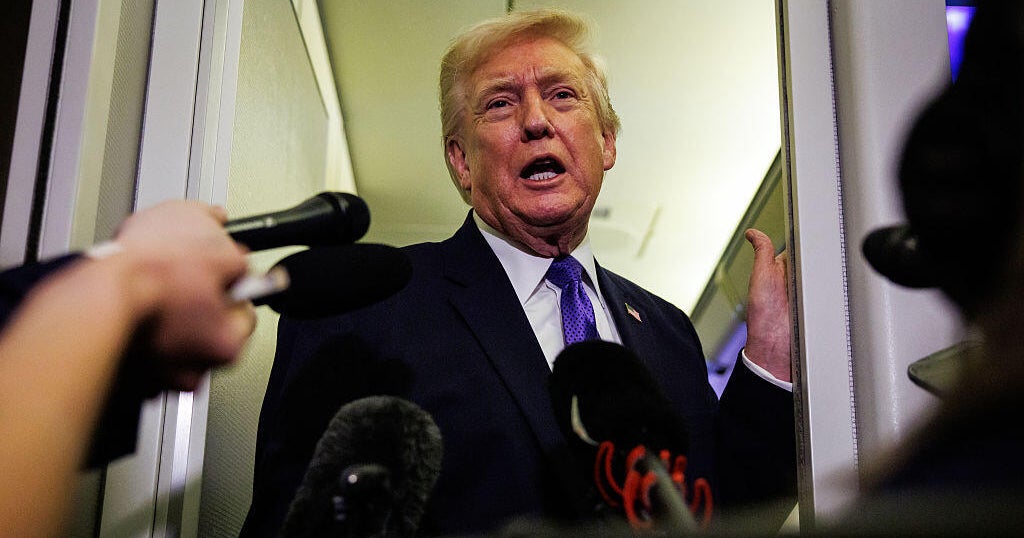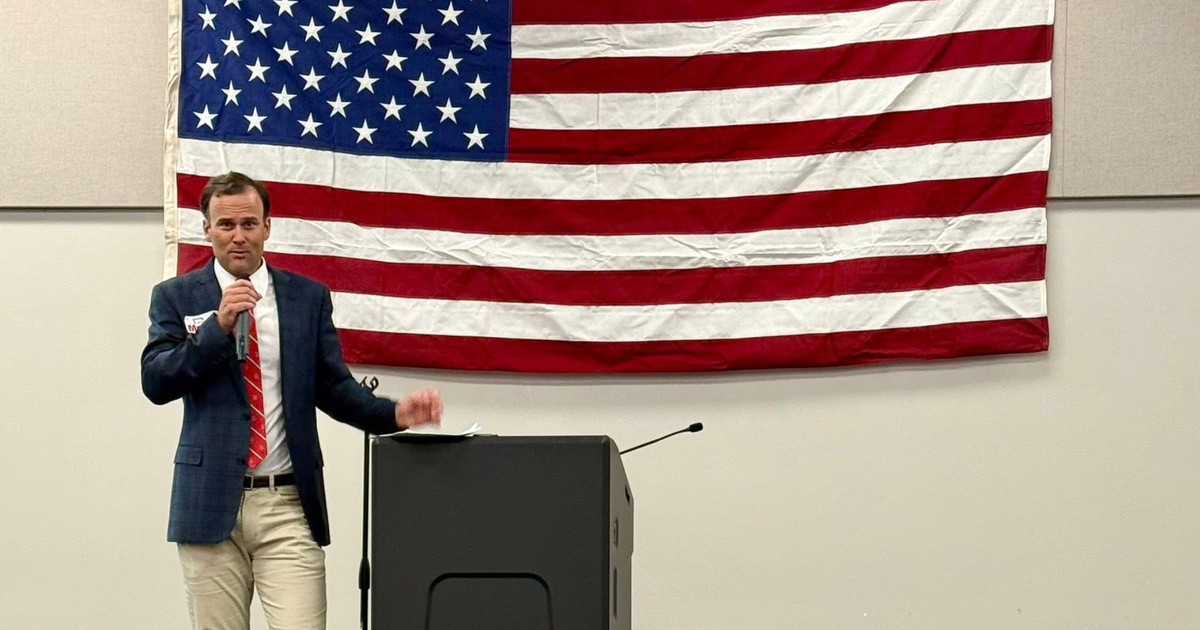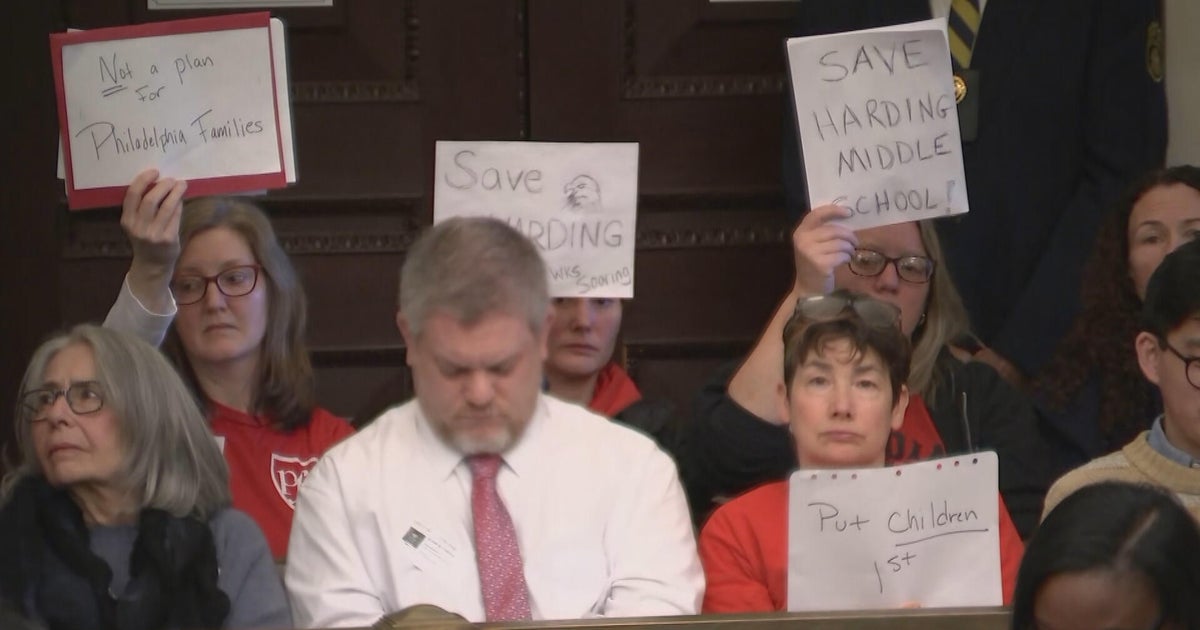Lottery Selects Group To Draw Calif. District Maps
State Auditor Elaine Howle used a spinning wire basket and ping pong-style lottery balls to choose the first eight members of the California Citizens Redistricting Commission.
Those members in turn will select the final six members of the commission by Dec. 31. The 14 member-commission is charged with drawing new state legislative and congressional districts by Aug. 15, in time for the 2012 elections.
Voters removed the responsibility for drawing legislative boundaries from the state Legislature by passing a 2008 ballot initiative. They expanded the commission's scope in this month's election by adding congressional districts.
Supporters of the independent commission hope it will lead to more competitive districts that will give all candidates a fair shot at winning, thus reducing the partisanship in Sacramento and in the congressional delegation California sends to Washington.
"That's what this is all about," Howle said. "It's about the people of California having the opportunity to draw the lines for their districts."
The eight people selected Thursday include three men and five women. Four are Asian, two are white, one is black and one is Hispanic. Five of the eight come from Northern California, the others from the southern part of the state.
By design, three are Republicans, three are Democrats and two are from neither major party. The final panel must include five Democrats, five Republicans and four voters registered outside those parties.
"It seems like it's a very diverse group," said Kim Alexander, president of the California Voter Foundation, a nonprofit that helped devise the final selection procedure.
The eight were narrowed from an initial list of about 30,000 applicants.
Voters decided to switch to a citizens commission to draw legislative maps after state lawmakers for decades used the process to protect their own incumbents and their parties.
"It was really an incumbency-protection plan," said Angelo Ancheta, who teaches voting rights and election law at the Santa Clara University School of Law.
He was one of the applicants not chosen on Thursday, but hopes to be selected by the eight who were.
Previous gerrymandering of political boundaries has left the state with oddly shaped districts and little turnover between the parties. For instance, just one seat shifted between political parties during elections this month for 100 state legislative seats.
The independent commission will draw the maps for all 120 state Senate and Assembly districts, the state's 53 congressional districts and for the districts represented on the five-member Board of Equalization.
Commissioners will be paid $300 a day plus expenses each time they meet. The Legislature and governor have allocated $4 million for the commission's work from the state's financially strapped general fund.
Opponents said the boundaries drawn by the commission will face an inevitable legal challenge.
The Greenlining Institute, an advocacy group for the poor and minorities based in Berkeley, noted that Asians are well represented on the initial panel, but other ethnic and geographic gaps will have to be filled with the selection of the final six members to have a proper balance. For instance, there were no representatives chosen from the population centers of Orange and San Diego counties and one from the Central Valley. The group says it plans to closely monitor the commission's work.
Republican Gov. Arnold Schwarzenegger promoted the 2008 ballot measure after other efforts repeatedly failed to change the legislative redistricting process. Schwarzenegger has said more competitive districts could mean more moderate politicians will be elected, enabling more compromises than the partisan deadlock that so often thwarts change.
"Redistricting reform is one of the most important political reforms in the history of California," the governor said in a statement after the eight were chosen.
Incumbent politicians spent hundreds of thousands of dollars trying to defeat the commission initiatives.
Redistricting is required by law every 10 years after the U.S. Census is taken.
California is one of at least 13 states that created commissions to draw districts in time for the 2012 elections. Seven other states have advisory panels or backup commissions that take over only if the Legislature fails to draw its own maps.
(Copyright 2010 by The Associated Press. All Rights Reserved.)
-
New congressional district in Dallas attracts 4 Democrats

-
Trump to visit Georgia's 14th Congressional District as early voting continues

-
Sacramento firefighters rescuing 2 after scaffolding collapses outside building

-
Everything you need to know about the Texas primaries

-
J. Cole announces Sacramento stop on his new "The Fall-Off Tour"

-
Steven McNeel secures victory in Macon-area Georgia Senate special election

-
Man "double, triple and quadruple" checks $300K winning scratch-off ticket

-
Philadelphia city councilmembers press superintendent on plan to close schools
